Wow he wants to go to court that's fine he can get a state mandated guardian and go in a home. How will you provide for him with no money. He will get 770 on disability a month and you get nothing as caregiver. If your parents want to guilty you they can take care of him. It so easy to guilty people when they don't have to do it. If you accept to being her guardian you will be able to get FMLA at your job to be there when he does get sick but you won't get paid while you are out.
I Refuse to Sacrifice My Career for My Adult Son’s Illness—I’m Done Being His Nanny
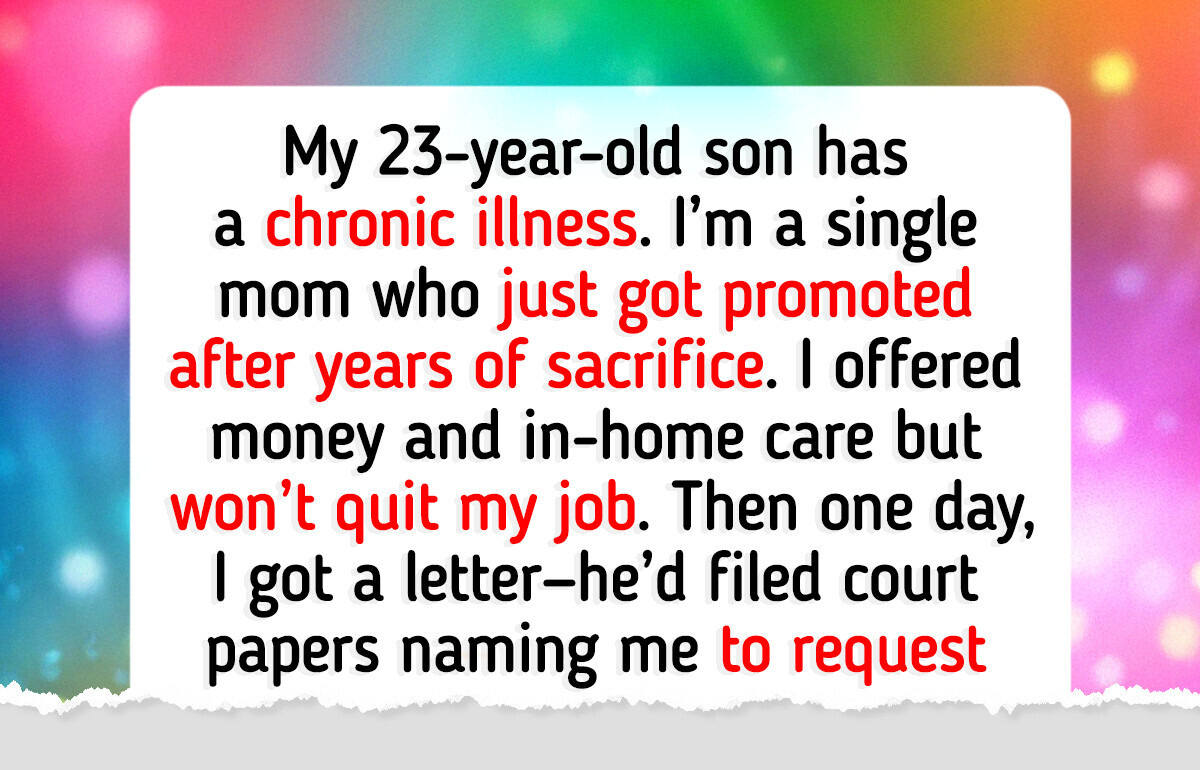
Being a parent doesn’t end when your child becomes an adult — but what happens when their needs collide with your own future? One reader shared how refusing to give up a hard-earned career to care for a sick adult child set off a storm of judgment.
The story with her own words

Hi Bright Side!
My son is 23 and has a chronic illness that flares up unpredictably. He can’t always work full-time, and I’ve supported him financially for years — rent, medical bills, even college. I love him, but I’ve also worked my entire life to build a career I’m proud of.
Recently, he and some relatives started pressuring me to quit my job and become his full-time caregiver. They say, “family comes first.” But I’m a single mom who finally got promoted after years of struggling. If I step back now, I’ll lose everything I’ve worked for.
I told him I’ll keep helping with money where I can, and I’ll pay for in-home care if needed, but I won’t give up my career. He cried and said I care more about money than him. My family piled on, calling me selfish.
Then one day, I got a letter in the mail. My son had actually filed paperwork with the court to request financial support and formal caregiving from me. He never even told me — I just opened the envelope and saw my name listed as the “responsible party.”
I felt blindsided. Instead of talking to me, he went behind my back to make it legal. Now I’m stuck between fighting my own child in court or giving up the life I built.
How to Deal With a Demanding Adult Child.
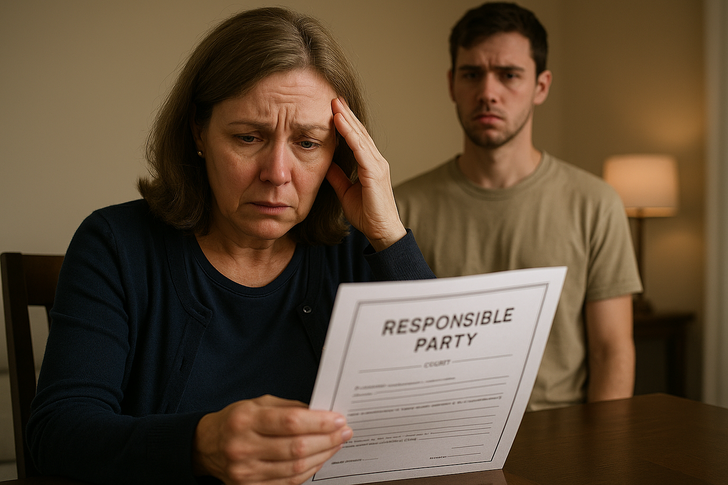
Parenting doesn’t magically end when your kids grow up. For many parents, the hardest challenge begins when an adult child leans on you too much — for money, time, or attention. The good news? The solution isn’t cutting them off completely, but learning how to set healthy, loving boundaries.
Why Parents Struggle With Boundaries
- Guilt plays a big role. Many parents carry regrets about the past and try to “make up for it” by over-giving.
- Fear of conflict. Saying no can feel like rejection, so parents give in to avoid arguments.
- Habitual patterns. If you’ve always dropped everything for your child, they may expect it to continue indefinitely.
Left unchecked, these patterns keep reinforcing themselves — the more you give, the more dependent your child becomes.
Boundaries vs. Barriers

Get a lawyer and fight this. He's an adult and can figure this out for himself. Seems to me that if he's an adult he doesn't have a leg to stand on. As for the rest of the family tell them to step up if they feel so strongly about it.
Experts emphasize the difference:
Barriers push people away.
Boundaries protect your time and energy while keeping the relationship loving.
For example, instead of ignoring calls or always saying “yes,” you can offer clear limits with compassion:
“I’m busy right now, but I’ll call you back at 6pm.”
“I can talk for 20 minutes before I head out.”
“I know you can handle this — I believe in you. Let’s catch up tomorrow morning.”
Key Takeaway: Feeling guilty or selfish for setting boundaries is common — but misplaced. Boundaries are not rejection. They’re an act of love that respects both your needs and your child’s growth.
When you stop people-pleasing and start communicating limits with kindness, you protect your energy, strengthen your bond, and give your adult child the chance to stand on their own two feet.
Boundaries aren’t walls — they’re bridges to healthier, more respectful relationships with your adult children.
My Dad Left His Fortune to My Stepsister Because I’m Child-Free — So I Turned the Tables
Comments
Related Reads
I Refuse to Stay Late at Work—HR’s Response Shocked Everyone
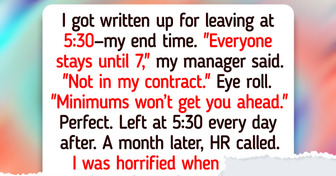
15+ Times an Unexpected Guest Turned an Ordinary Day Into a Scene Straight Out of a Movie
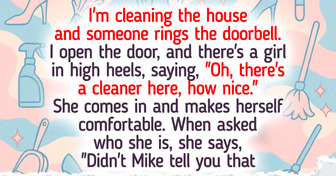
I Refuse to Return My Late Colleague’s Paycheck, Now His Widow Is Furious

14 Quite Acts of Kindness That Changed Someone’s Life Forever

I Refuse to Forgive My Parents After They Took My Inheritance for Being Childless
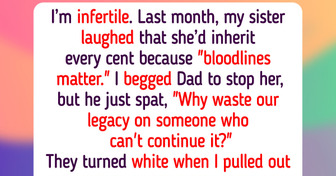
I Cut Off My Parents After They Demanded My Inheritance—and I Don’t Regret It
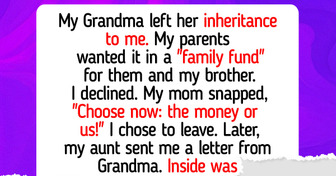
My Parents Chose My Golden Child Brother Over Me—Until They Needed My Help
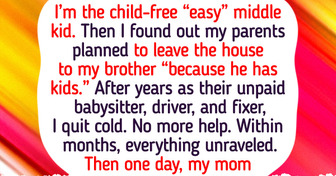
14 Dates That Started Like Movies but Ended Like Sitcoms
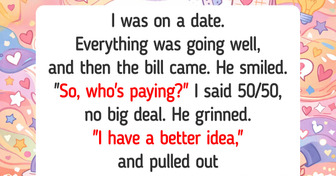
I Refuse to Risk My Son’s Safety to Save My Ex’s Child
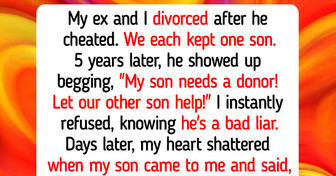
17 Stories That Prove Kindness Isn’t Naive, It’s Courage in Disguise

15 Pets Who Made a Mess and Feel Absolutely No Shame

22 Moments That Prove Quiet Kindness Can Work Real Miracles
